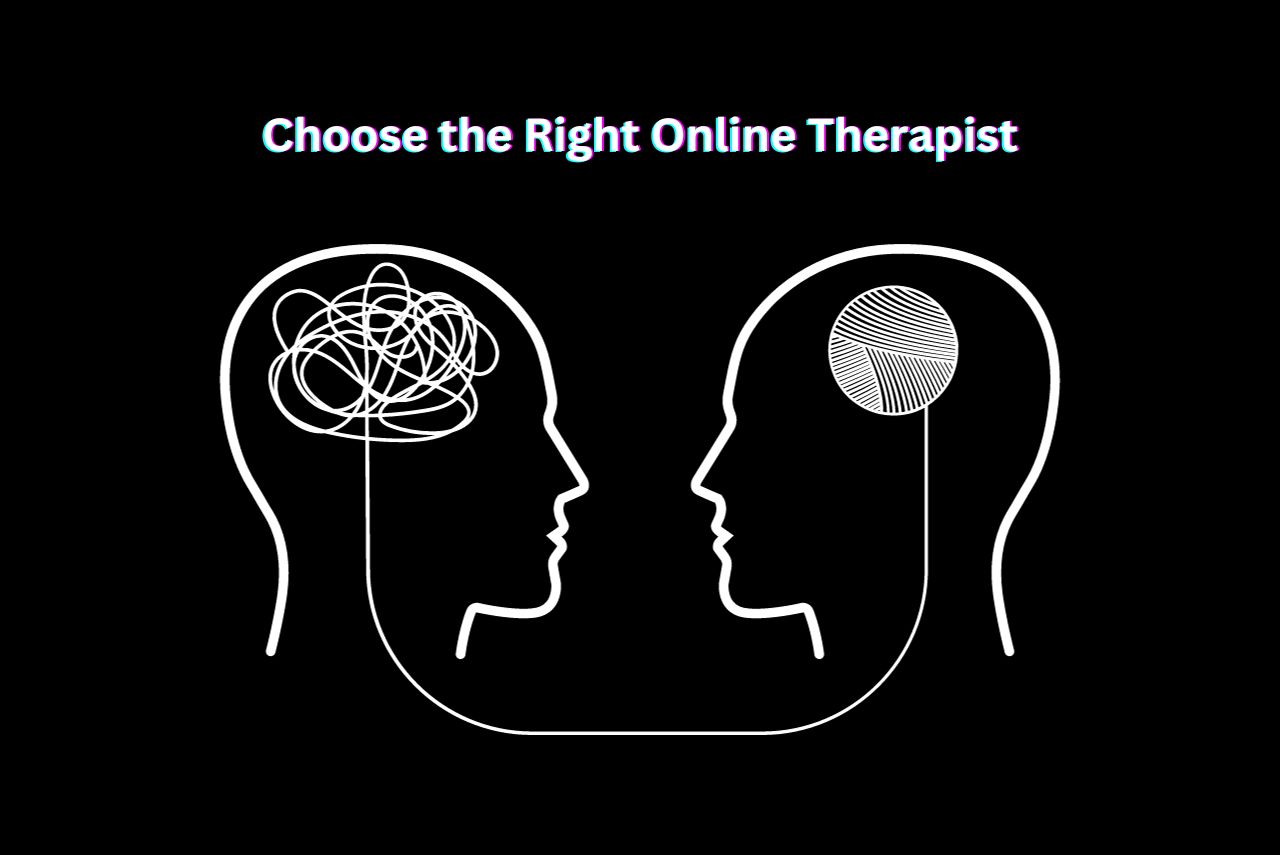Wouldn’t it be great if finding your perfect match was as easy as online dating? Unfortunately, it takes work to find a good fit.
Whether through personal referral or an online therapist directory, you should use filters to narrow your search. These can include specialty, communication style, availability, and more.
Contents
Know Yourself
Whether you’re looking to work on relationship issues, overcome trauma, or treat a mental health condition like anxiety, depression, or bipolar disorder, online therapy can be a valuable tool. But, like any other professional relationship, finding the right therapist is critical. “If you don’t feel comfortable with your therapist or you have a hunch that you just aren’t a good fit, it is okay to speak up,” Pena says. Many therapists online will offer initial consultation calls to help you decide whether or not they are the right match for your needs.
During your search, you may have several criteria important to you in a therapist, including specialization, communication style, and availability. By conducting a quick Google search or visiting a directory of therapists, you may narrow down your options and find the therapist that most closely matches your needs.
Look for a therapist’s credentials and online profile to see what kind of training they have received and their treatment approach. Additionally, you can search for therapists online by specialization, experience level, and whether or not they take insurance or employee assistance programs (EAPs). Many therapists will provide their contact information and cost per session on their website or therapist profile, which can help you budget for sessions ahead of time.
Know Your Needs
Finding the right therapist is important because, according to studies, patients with solid therapeutic relationships experience more significant benefits from therapy. An idea of what you want to work on can help you form a more effective treatment partnership with your therapist. Knowing your needs can also help you narrow your options for online therapists. Consider the scenario when you would instead work with a mental health provider who identifies with one or more aspects of your identity, such as gender, race/ethnicity, or sexual orientation. In that case, many online therapy platforms allow you to filter providers by these factors.
Other practical considerations include a therapist’s licensure, insurance coverage, and availability. Your primary care doctor can provide you with a list of therapists who accept your health insurance plan, and you can also use large databases and search engines to find providers who are accepting new clients.
If you’re working with a limited budget, you should explore therapists offering low-cost or subscription rates for their services. Finally, finding a therapist who offers evening or weekend appointments is helpful if you have a busy schedule. Another option is to inquire with your employer about any free counseling services they may provide through an EAP.
Review a Therapist’s Reviews and Online Profile
Having an online presence is one of the best ways to promote yourself as a therapist, but it’s also an excellent way for potential clients to get an idea of whether or not you’re the right fit. Look for a website or online profile that includes photos (preferably with your face), information about your education, license, and training, and a description of your practice and areas of specialization.
You can also find out if the therapist has evening or weekend availability, what types of sessions they offer (phone, video, or live), and their rates. Sometimes, you can also see if they accept new clients or have a waitlist.
Once you’ve narrowed your options, reviewing a therapist’s reviews and online profile is essential. This step can feel like online dating, but it’s worth ensuring you’re building a therapeutic relationship with someone who is a good fit for you.
Some therapists also use their websites and social media platforms to build a following and generate leads, but these can be more time-consuming. Make your profiles as complete and optimized as possible for the best results.
Ask Questions
Once you have a list of potential online therapists, it’s time to start narrowing them down by considering practical matters such as licensure, insurance coverage, and experience. A few questions to ask include:
Finding out if a therapist’s treatment method is the same as yours is also crucial. Your therapist will ask you a few questions during your initial visit to better understand the nature of your mental health issues and the objectives you have for therapy. This will give them a sense of your personality, communication style, and level of comfort with discussing sensitive topics.
Consider the therapist’s availability and how frequently you want to meet. Some therapists may only offer video sessions once a week, while others prefer biweekly check-ins. Reviewing a therapist’s security measures is a good idea if you’re concerned about privacy. Many telehealth services use encryption technology, providing forms, contracts, and privacy policies to keep your information safe.
You can learn more about the therapist’s credentials and experience by reviewing their online profile or website. Look for their license, education and training, areas of specialization, and contact information. You can also find out if they accept your insurance and if they have any self-pay rates or sliding scale options.
Good luck, Habibi!
Come to the website and explore some mind-blowing content.
- Why Every Fashionista Needs a pork pie hat in Their Wardrobe

- Ultimate Guide to Shopping for parachute pants: Where to Buy, What to Look For

- Exploring the Delicate Flavors of tagliolini Pasta: A Culinary Journey

- Uncovering the Truth Behind blog del narco: A Deep Dive into Mexico’s Drug War

- Exploring the History and Tradition of cempasuchil in Day of the Dead Celebrations

- The Ultimate Guide to boquerones: How to Prepare and Enjoy these Spanish Delicacies






